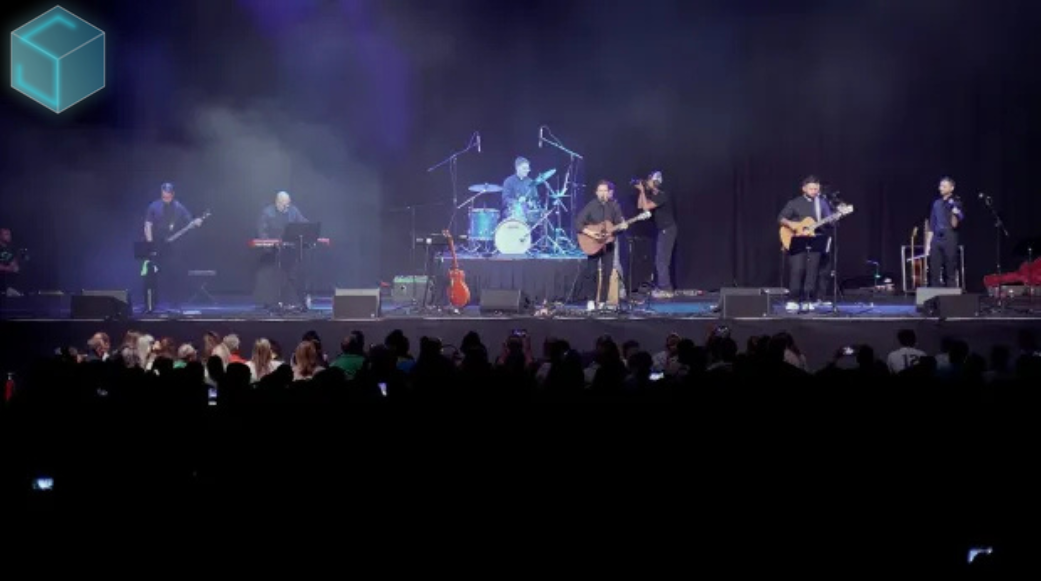
August 20, 2025
Imagine six Catholic priests performing at a sold-out Houston show instead of a well-known pop star. Their band's performance combined messages of prayer, celibacy, and faith with elements of rock...
Read more.png)
August 20, 2025
Nostalgia, Mother Mother’s latest album, is one of those rare creations. It invites us into a world where lightness isn’t escapism—it’s a form of resistance, a beacon of hope, and a path forward....
Read more
August 19, 2025
When Anna of the North released “Lovers” in 2017, it was already a dreamy synth-pop gem, filled with wistful vocals and lush production that captured the ache of young romance. But it wasn’t until...
Read more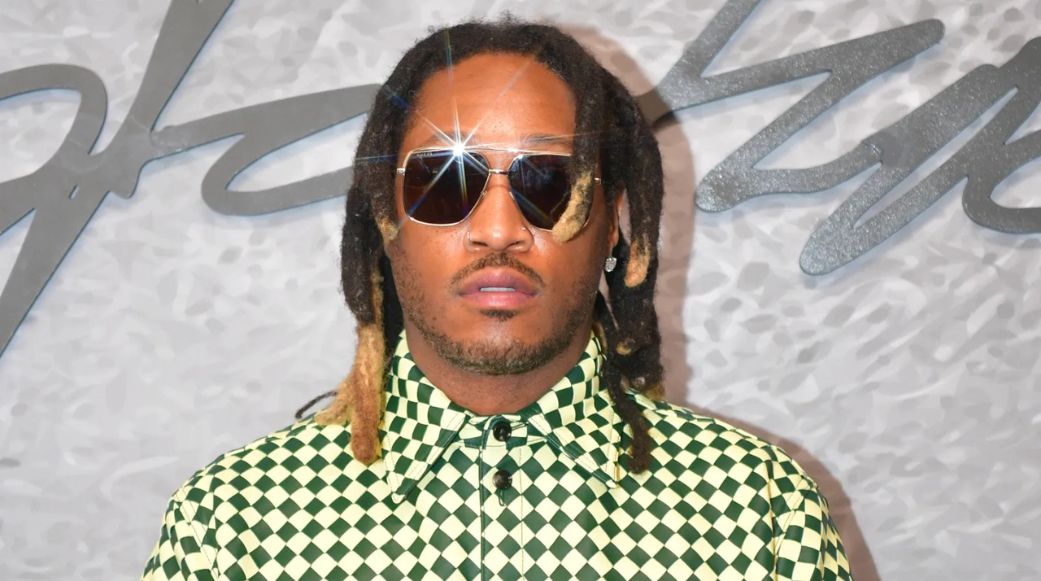
August 19, 2025
“Let Me Know” ft. Future started out as a moody, late-night playlist type of track, the kind you blast in your car pretending you’re in a music video while stuck in traffic. But now? It’s become...
Read more
August 19, 2025
“Your Idol” stands out in Kpop Demon Hunters not just as a catchy track, but as one of the most self-aware songs in the whole project. At first listen, it has all the hallmarks of a classic K-pop...
Read more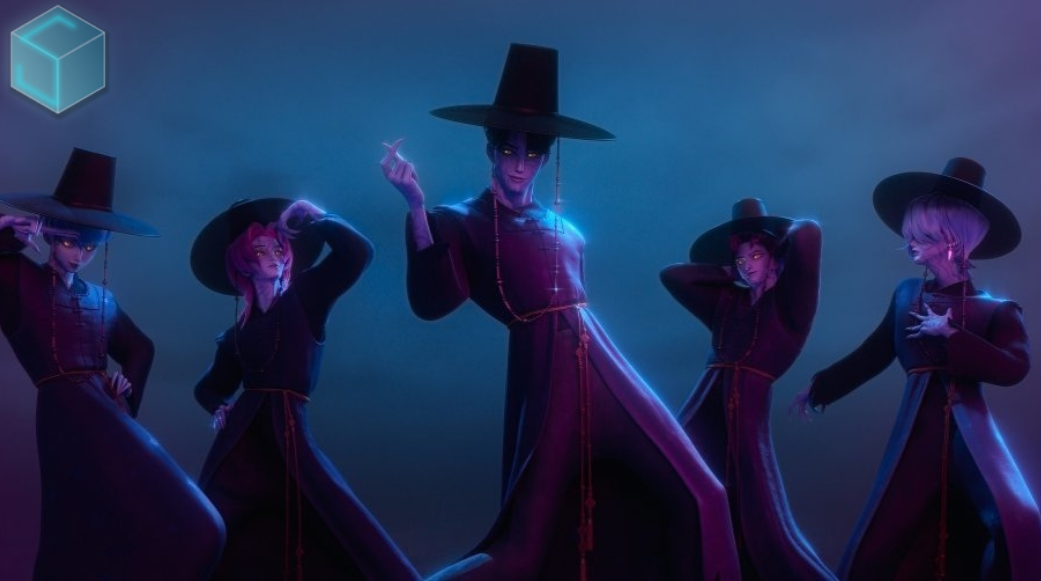
August 19, 2025
If you’ve scrolled TikTok, Insta, or literally any corner of the internet in the past few weeks, you’ve probably heard it: the fizzy, feel-good bop known as “Soda Pop” by the Saja Boys. Straight...
Read more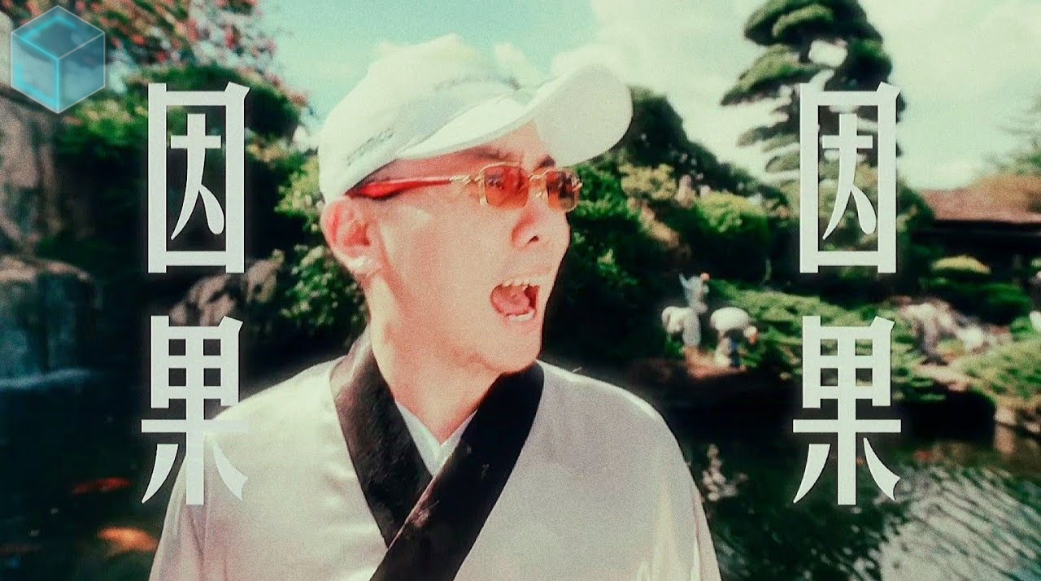
August 19, 2025
Skai Is Yourgod didn’t just drop a song, he dropped a cultural grenade. His track “Stacks From All Sides” has taken TikTok by storm, and the secret sauce? A cheeky little sample from Beetle on...
Read more
August 19, 2025
After 70 weeks at No. 1 with “Too Sweet,” Hozier’s reign on Billboard’s Hot Rock Songs chart comes to an end as newcomer Sombr takes over with...
Read more
August 19, 2025
Charli XCX brought her groundbreaking Brat era to a poignant close Friday night during an electrifying performance at South Korea's One Universe Festival. The pop innovator marked the final...
Read more
August 19, 2025
Taylor Swift’s appearance on Travis and Jason Kelce’s New Heights podcast drew 1.3M live viewers, breaking YouTube records and sparking buzz with details about her new album The Life of a...
Read more
August 19, 2025
After a six-year silence, Chance the Rapper is officially back. On August 15, 2025, he will drop his sophomore album, Star Line, marking a new chapter filled with growth, travel, and creative...
Read more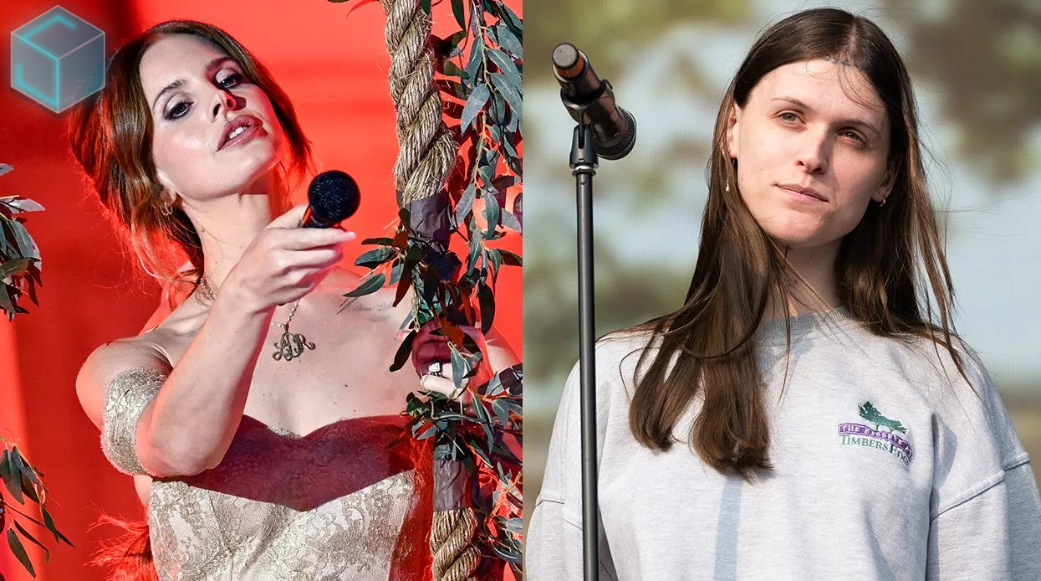
August 19, 2025
Lana Del Rey’s new song takes aim at Ethel Cain, referencing an alleged personal rift involving Instagram posts, a mutual ex, and behind-the-scenes remarks...
Read more.png)
Billie Marten, the British singer-songwriter known for her hauntingly beautiful folk-inspired music, has recently shared her thoughts on the financial struggles many artists face in today’s music industry. In a candid interview, Marten revealed that while superstars like Taylor Swift rake in massive revenue from streaming and album sales, the majority of musicians are dealing with financial ruin.
In her interview, Marten discussed the significant disparities within the music industry, pointing out how the vast majority of musicians are unable to earn a sustainable income from their work. Despite the global popularity of platforms like Spotify and Apple Music, the revenue they generate for most artists is minimal at best. Marten expressed her frustration with the industry’s financial structure, which she believes benefits a select few while leaving many talented musicians struggling to make ends meet.
"Most artists are in financial ruin," Marten said. "We’re all paying Taylor Swift. These streaming services pay her so much, and she deserves it, but I think it highlights just how broken the system is for the rest of us." Marten’s comments reflect the broader issues many emerging and mid-level artists face, as the current streaming model provides only a tiny fraction of a penny per play.
Marten’s remarks on Taylor Swift’s dominance in the industry aren’t meant to diminish Swift’s success but rather to point out the stark contrast between what top-tier artists like Swift can earn compared to independent or lesser-known musicians. Swift, who has a massive global fanbase and a successful touring career, has been one of the few artists able to thrive under the current streaming model, securing lucrative deals and partnerships that contribute significantly to her earnings.
Swift's success has also led to higher payouts for her and other big names in the industry. As a result, it’s led to greater visibility for her work, including exclusive deals with streaming platforms and record-breaking sales. However, for many other artists, these opportunities are out of reach, leaving them struggling to survive financially.
For emerging artists like Marten, the financial model often seems unsustainable. Despite releasing critically acclaimed music and maintaining a loyal fanbase, Marten, like many others, has seen little financial reward for her efforts. Live performances, merchandise sales, and brand partnerships often serve as the primary income streams for many artists, but even those can be inconsistent.
Marten pointed out the paradox of the modern music industry, where visibility and talent often don’t translate into fair compensation. “It’s not about being good anymore. It’s about how many people are listening to you, how much attention you can grab, and how much money can be made from you,” she added.
Marten's comments are part of a larger conversation about the need for industry reform, particularly in how streaming platforms pay artists. Critics of the current system have long argued that it’s skewed in favor of the largest platforms and record labels, leaving smaller artists to fend for themselves.
Several proposals have been floated to address these issues, such as the user-centric payment model, where royalties would be distributed more fairly based on individual listening habits rather than the current pro-rata system, where the overall revenue is shared among all artists based on total plays.
Despite the challenges, Marten remains hopeful for change. Her call for financial equity in the music industry reflects the growing sentiment among many musicians who are demanding fairer compensation for their work. As the conversation about streaming royalties and artist compensation continues to gain momentum, it’s clear that more reform is needed to create a more equitable system for all artists, not just the superstars.
Marten’s willingness to speak out about these issues is part of a larger movement among artists and industry professionals who are advocating for a shift in how the music business operates. Whether or not these calls for change will lead to tangible reforms remains to be seen, but for now, the struggle for fair compensation continues.